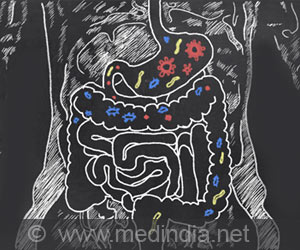Glossary
Amebiasis: A parasitic infection of the gut with the amoeba Entamoeba histolytica.Candida: A fungal infection typically on the skin or mucus membranes caused by the yeast candida.
Celiac Disease: A disease caused by an immune reaction to eating gluten, a protein found in wheat, barley and rye.
Crohn’s Disease: A chronic inflammatory bowel disease that affects the lining of the digestive tract.
Fibromyalgia: A rheumatic condition characterized by musculoskeletal pain, stiff joints and localized tenderness.
FODMAP: Acronym for Fermentable Oligosaccharides, Disaccharides, Monosaccharides and Polyols.
Giardiasis: An intestinal infection caused by a giardia parasite.
Gliadin: It is a protein that is a component of gluten.
Glutamine: It is an amino acid, which are the building blocks of proteins.
Gluten: It is a family of proteins found predominantly in wheat, barley and rye.
Hashimoto’s Thyroiditis: Also known as chronic lymphocytic thyroiditis, it is an autoimmune disease, discovered by Hashimoto, which often leads to hypothyroidism.
Multiple Sclerosis: It is an autoimmune disease in which the immune system attacks and destroys the protective covering of nerves.
Norovirus: A virus causing gastroenteritis, which is characterized by diarrhea, vomiting and stomach pain.
Probiotics: An health supplement containing bacteria that are good for the gut.
Salmonellosis: An infection with salmonella bacteria, commonly caused by contaminated food or water.
Sepsis: A life-threatening complication of an infection.
Systemic Lupus Erythematosus: An autoimmune disease characterized by fatigue, joint pain and a butterfly rash on the cheeks.
Zonulin: A protein that modulates the permeability of tight junctions located in the gut wall.











